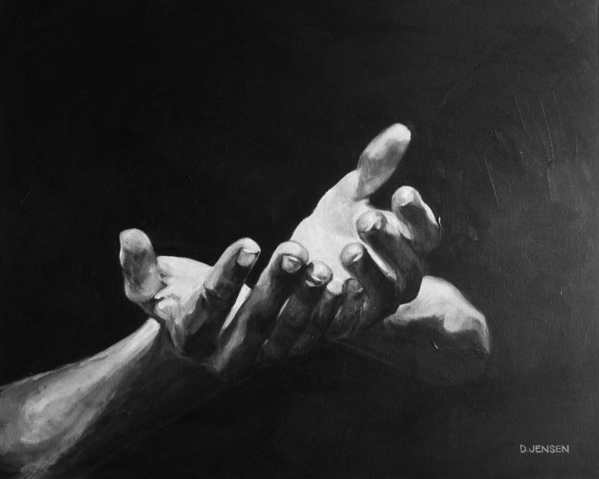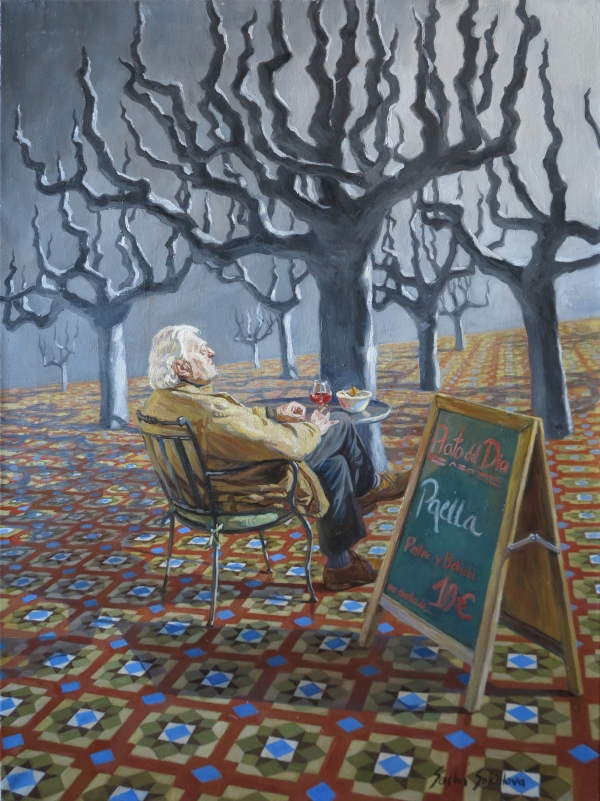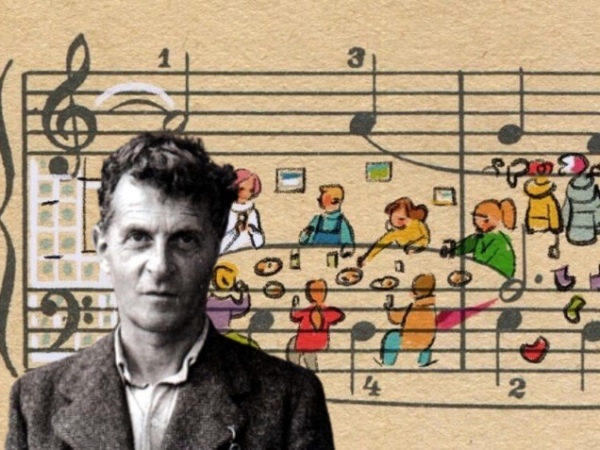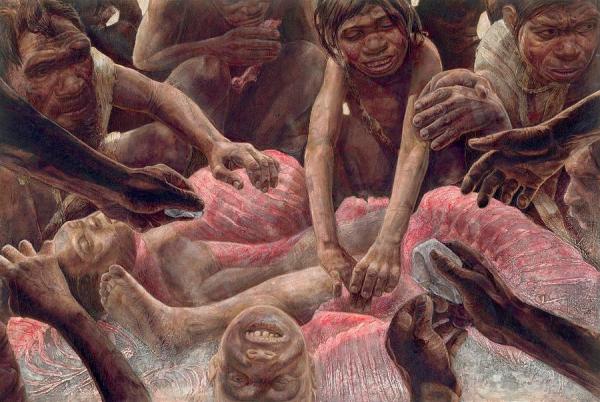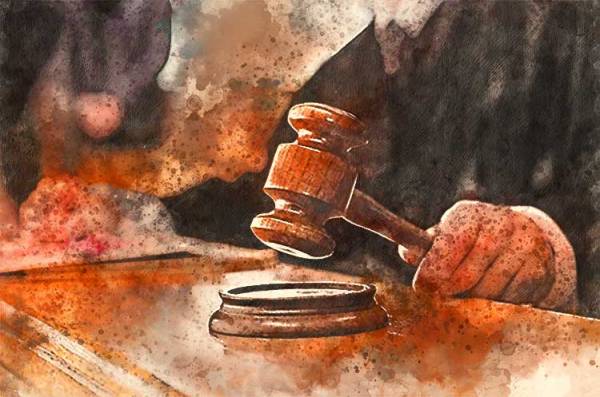Stories are profound as they provide a room for us to exist through reconfiguring memories. In this sense, memory is not simply the mechanism of storing and recalling certain knowledge and experiences but it is a social and political process that comes to being within interpersonal relationships and takes shape through stories. The anthropologist Michael... Continue Reading →
Rethinking Giving and Receiving in a Pious Economy: Giving to God
In his famous essay The Gift, Marcel Mauss touches upon the concept of reciprocity in gift-giving and contends that no gift is disinterested. By drawing on ethnographic observations, such as those on potlatch, a ceremonial gift-giving feast practiced in some places in North West America, he argues that potlatch is a competition for prestige that... Continue Reading →
The Sovereign Right to Maim and Repair
In her book, The Right to Maim: Debility, Capacity, Disability, Jasbir Puar looks into the settler-colony of Israel in Palestine to bring forth a crucial understanding of sovereignty and its relation to the body. She specifically analyses the deliberate maiming techniques used by the Israel Defense Forces (IDF) which attempts to keep Palestinian casualties low... Continue Reading →
Forgiveness: a Bilateral “Liberation”?
In his book called The Sunflower: On the Possibilities and Limits of Forgiveness, Simon Wiesenthal narrates his story as a concentration camp inmate who is asked for forgiveness by a dying Nazi soldier--a story which takes the reader to a moral dilemma that Simon could not find the answer of. The latter part of the... Continue Reading →
This Too is a Mindless Self-expression
It is quite a curious matter that throughout the human history, the farther we go back from the present, the more outward and far-flung our gaze seems to have been. The earliest sciences have been concerned with phenomena that are physically the most distant from our very selves. Astronomy, natural philosophy, geometry… In contrast, the... Continue Reading →
Wittgenstein, Culture, and Value: Language-games and Forms of Life
According to Wittgenstein, examples of language are meaningful only in the context that they are uttered in — that is, according to the “rule” of the “game” being played. As a very simple example, the utterance “Fire!” could be an order, an answer to a question, an instant reaction, or some other forms of communication.... Continue Reading →
Towards a Transformative Anthropology with Tim Ingold
Anthropology, as a discipline, has been concerned with the very lives of people—focusing on how different people experience and interpret the world, which many other disciplines in the social sciences have been attentive to as well. Nevertheless, the most remarkable trait that has distinguished anthropologists from scholars of other fields has been the participant-observation method that they... Continue Reading →
Anthropology and ‘Southeast Asia’: Can the Region Be a Field?
Introduction If one is to investigate the academic circles today, s/he can soon realize that every academic field is being divided into further specializations and each researcher is asked to narrow down their focus and to do a more meticulous study. This is something which I have personally become conscious of as an anthropology student—seeing that a major difference between... Continue Reading →
Morality—a Social Essential?
“Nothing is true, everything is permitted” was supposedly the last words of the founder of a 12th-century Persian assassin group called Hashashin. It is a quote that has inspired thinkers like Nietzsche to include it in his work and regard it as the freedom of the spirit (1989). Although such a way of thinking argues that a “truly free individual” would not conform to social moral obligations due to a supposed contradiction between one’s “true... Continue Reading →
Liberal Democracies’ Indifference to Cultural Difference
In his writing The Cultural Limits of Legal Tolerance, Benjamin L. Berger examines the idea of multiculturalism and pluralism in the context of Canadian law. Although, like most other liberal democracies, there is a claim of ideas of religious pluralism, religious freedom, and multiculturalism being inherent in the democratic identity of Canada; the law’s approach... Continue Reading →

